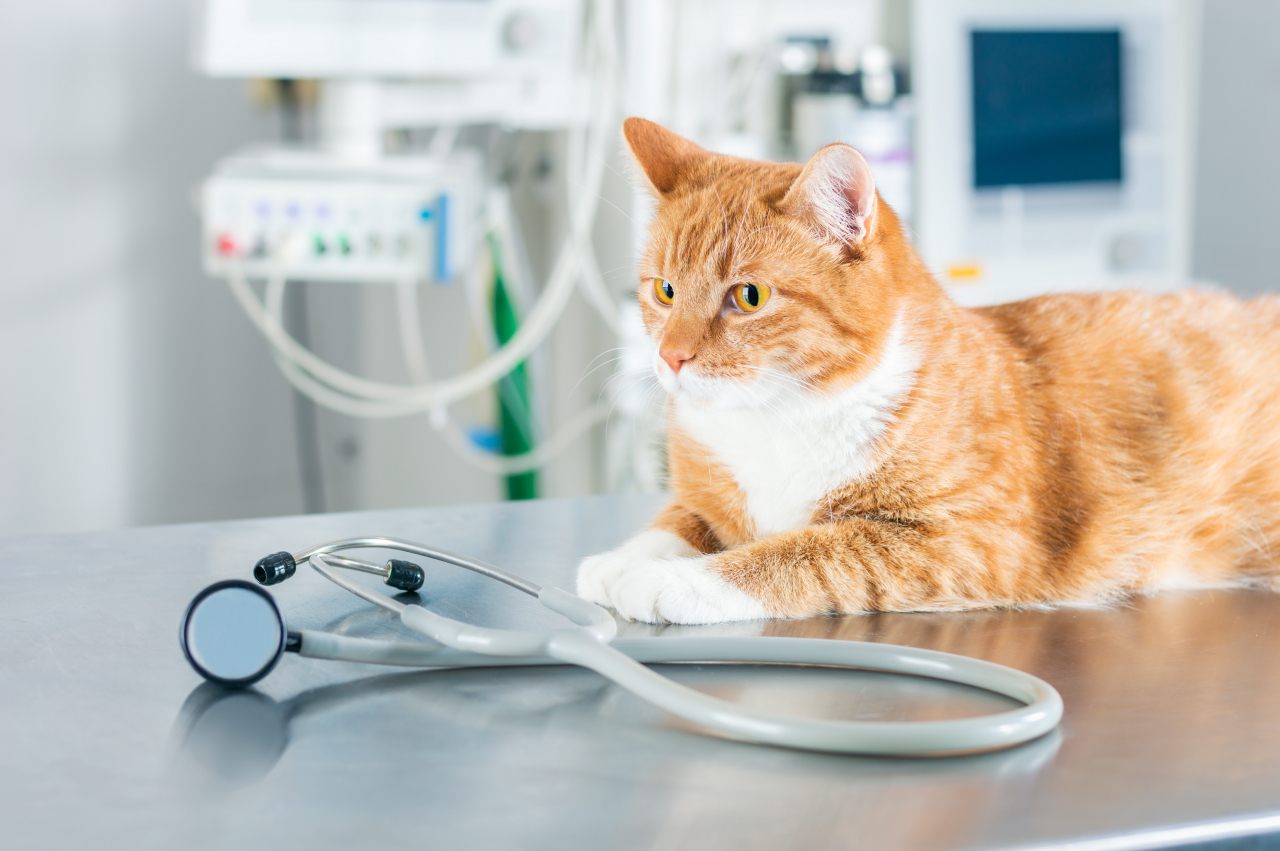Informing medical fees for pets in advance still in limbo
By Choi Jeong-yoonPublished : Jan. 29, 2024 - 15:52

It has been three weeks since the government passed a bill requiring every veterinary clinic to post the estimated fees for major medical procedures prior to treatment. However, the new change seems yet to have settled in, with medical professionals claiming the policy lacks an understanding of reality and many hospitals still not implementing the change.
Starting earlier this month, veterinary clinics are obligated to post the cost of treatment for 11 major categories, including examination, hospitalization, and vaccinations, in accordance with the revised Veterinarian Act. Veterinary clinics must post the prices in the form of a booklet or poster at the reception desk or on their website so that pet owners can estimate the price in advance. Doctors also have to specifically inform in advance how much the total treatment will cost.
Such a transition in the law comes after rising complaints from the public over widely varying veterinarian fees in hospitals and the cost of even minor procedures being too expensive. Previously, pet owners would be informed of the price after treatment, leading to high prices. Expecting the revised law would promote pet owners' right to know and help lower the cost of medical treatment, informing the customer of the estimated price for medical treatments was mandated.
Households with pets welcome the change. "Now with the new law, I can compare the prices of hospitals in advance. This is a huge burden lifted for pet owners as simple treatments used to end up costing hundreds of thousands won without knowing in advance. I have no choice but to pay for whatever the doctor says after the treatment is over," Choi Won-jun, a poodle owner, told the Korea Herald.
However, out of 10 veterinary clinics in Seoul's Jongno and Yongsan districts, only two have followed the ordinance and posted their fees. According to the revised law, veterinary clinics that fail to disclose their costs will first receive a correction order from the local government and then be fined up to 900,000 won. A cease-and-desist order could also be put in place if the hospital fails to comply with the correction order, which could lead to a suspension of up to one year.
Doctors in the industry claim, however, that the revealing medical costs could reduce the characteristics of each hospital while neglecting the difference in the medical environments of each clinic.
"Unlike humans, animals cannot express where and how they are sick but rather try to hide it instead. So we need to examine every part of them," said Hur Ju-hyung, President of the Korean Veterinarian Medical Association.
"For example, when a dog or cat comes in with a skin disease, it is difficult to inform the cost of treatment in advance because we would know the exact illness only after the medical examinations are conducted," Hur said. "Considering that each hospital has a different medical environment, it is difficult to set hospital fees like a restaurant bill."
The government, meanwhile, plans to expand the categories that are under the obligation to inform to 20 items by the first half of the year and standardize medical procedures for 100 medical examinations.







![[Weekender] How DDP emerged as an icon of Seoul](http://res.heraldm.com/phpwas/restmb_idxmake.php?idx=644&simg=/content/image/2024/04/25/20240425050915_0.jpg&u=)



![[KH Explains] No more 'Michael' at Kakao Games](http://res.heraldm.com/phpwas/restmb_idxmake.php?idx=644&simg=/content/image/2024/04/28/20240428050183_0.jpg&u=20240428180321)







![[Herald Interview] Mistakes turn into blessings in street performance, director says](http://res.heraldm.com/phpwas/restmb_idxmake.php?idx=652&simg=/content/image/2024/04/28/20240428050150_0.jpg&u=20240428174656)
